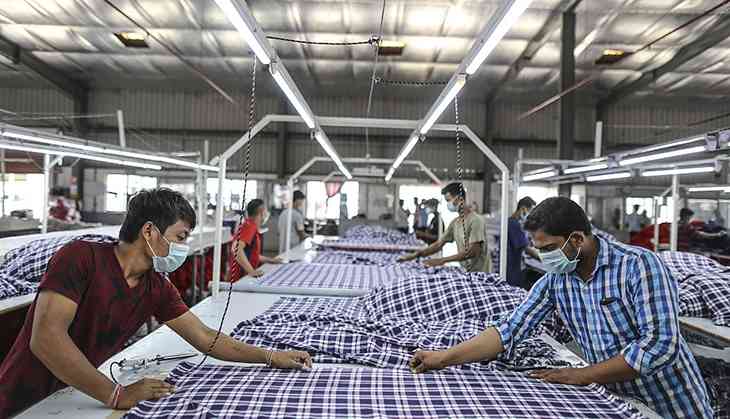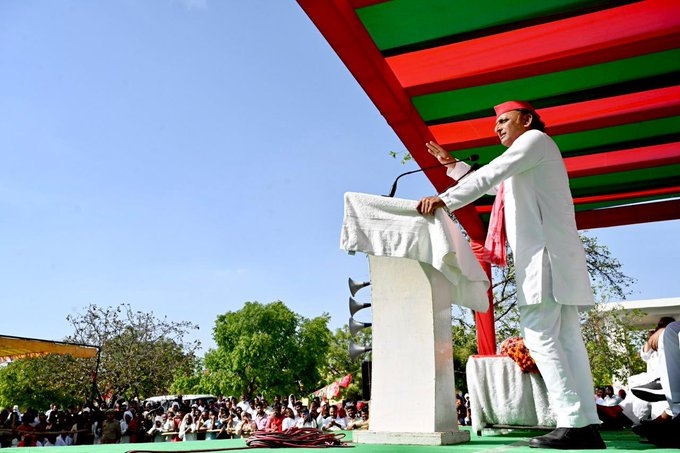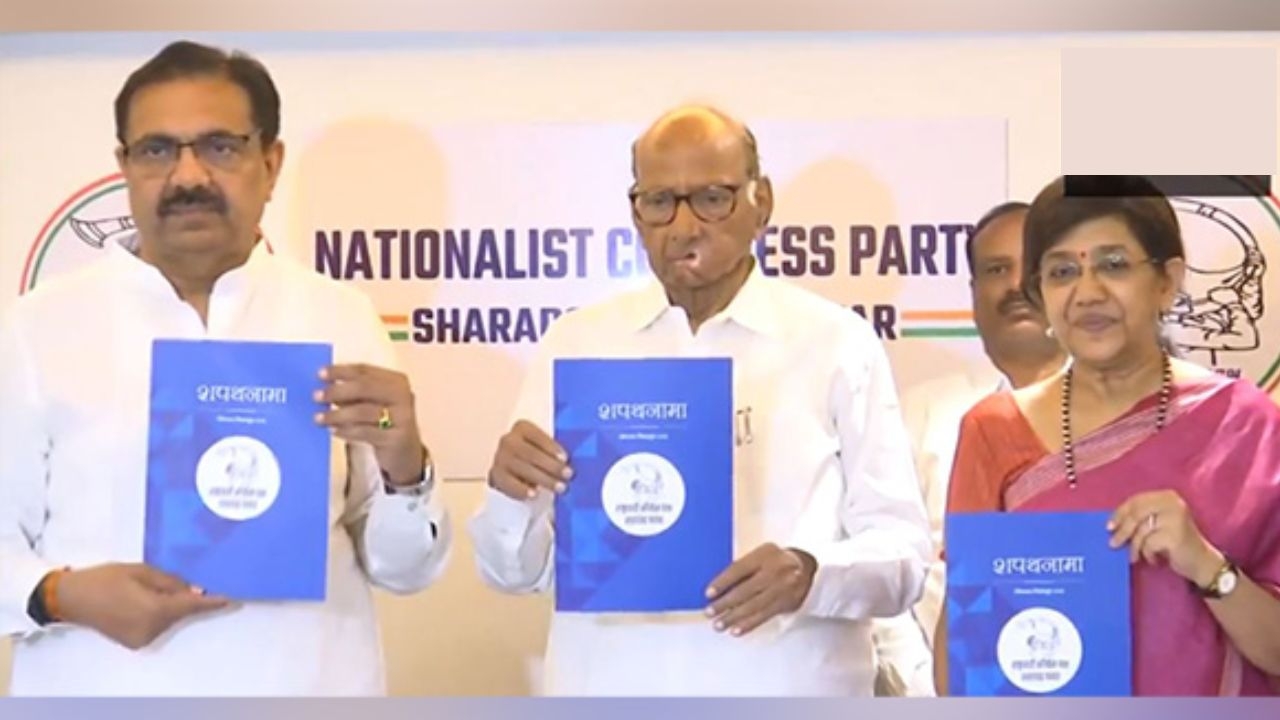Fortnight of GST: Small firms emerging clear losers

Within a fortnight after the Goods and Services Tax (GST) was announced, a clear demarcation seems to be emerging between the gainers and the losers under the new tax regime.
While the stock markets are at an all time high – above the 32,000 mark – indicating that the organised sector has benefited, those part of the informal economy have begun to lose business. They are finding it difficult to compete with the organised players due to higher compliance costs.
According to Business Standard, big companies in the FMCG sector have started “pruning their vendor list for sourcing products and services, weeding out small suppliers which are yet to register under the GST”.
The story further says, in Tirupur, Tamil Nadu, “many companies were discouraging supplies from household units, managed by family members on a part-time basis”.
All this is happening due to the reverse charge mechanism (RCM) which requires bigger firms to collect and pay tax on behalf of unregistered vendors and suppliers.
These bigger firms, instead of taking the pain of filing GST on behalf of the smaller vendors, have decided instead to stop giving business to these players.
According to Bipin Sapra, partner, Indirect Tax, EY, “The exemption from registering under the GST was given to small entrepreneurs because of the compliance cost issues. Anyone with a turnover of Rs 20 lakh per annum is entitled to a full exemption from the GST. But firms that source goods and services from these exempted firms attract GST under the RCM.”
“For a registered company under the GST, it becomes difficult to keep account of every liability of an unregistered goods or services provider. And that is why many of them would prefer not to do any business with those firms,” Sapra further added.
Is there a number to the losers under the GST?
According to the National Sample Survey (NSS) 66th round survey on the non-agricultural sector, 71% of workers in rural areas and 67% in urban areas are engaged in the informal sector.
Within the informal economy, “‘own account enterprises’ or those that employ no hired labour on a regular basis, account for an overwhelming 84-86% of all enterprises,” according to an article authored by economists CP Chandrasekhar & Jayati Ghosh in the Hindu Businessline.
This means that even as the stock markets are at an all time high post the launch of the GST, a large number of people are at the risk of losing business in the informal economy. Hence, the issue comes back to the question of job creation.
“There was always the fear of smaller enterprises losing out after the enactment of the GST. Now either those firms will have to incur the cost of registering under the GST, which of course will increase their costs or they will have to shut down,” said India's former chief statistician Pronab Sen.
In an article published on Moneycontrol.com, Saurabh Mukherjea, CEO of Ambit Capital, a brokerage firm wrote –
“GST will help the organised sector market leader consolidate market share at the expense of numerous unorganised players who might in several sectors account for the majority of the market share (eg. building materials – excluding cement – textiles, footwear, and cinema halls).”
If we take into account the sectors mentioned by Mukherjea, the number of people getting affected due to GST could run into lakhs.
What will it do the employment in the country?
When the Modi government failed to create jobs in the first three years of its rule, it came up with the argument that it was not possible to give jobs to everyone in a country of 1.25 billion. In a recent statement, BJP president Amit Shah claimed that the Modi government has provided self-employment to 7.28 crore youths by disbursing loans through MUDRA loan scheme.
Under the MUDRA loan scheme, the bank provides a loan to small businessmen – ranging from Rs 50,000 to Rs 10 lakhs. Given the size of the loan amount, it is expected that those interested in starting very small-scale businesses or household units would take loans under this scheme.
But, if the RCM under the GST forces the smaller businesses to shut shops, it would mean big trouble for the Modi government on the employment front.
Edited by Jhinuk Sen
First published: 18 July 2017, 13:48 IST






![BJP's Kapil Mishra recreates Shankar Mahadevan’s ‘Breathless’ song to highlight Delhi pollution [WATCH] BJP's Kapil Mishra recreates Shankar Mahadevan’s ‘Breathless’ song to highlight Delhi pollution [WATCH]](http://images.catchnews.com/upload/2022/11/03/kapil-mishra_240884_300x172.png)

![Anupam Kher shares pictures of his toned body on 67th birthday [MUST SEE] Anupam Kher shares pictures of his toned body on 67th birthday [MUST SEE]](http://images.catchnews.com/upload/2022/03/07/Anupam_kher_231145_300x172.jpg)






